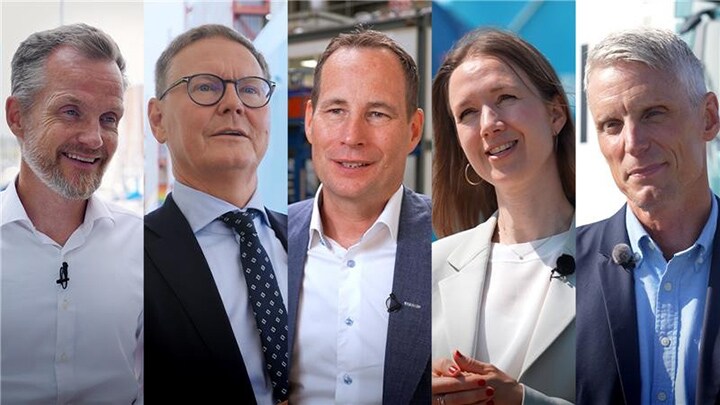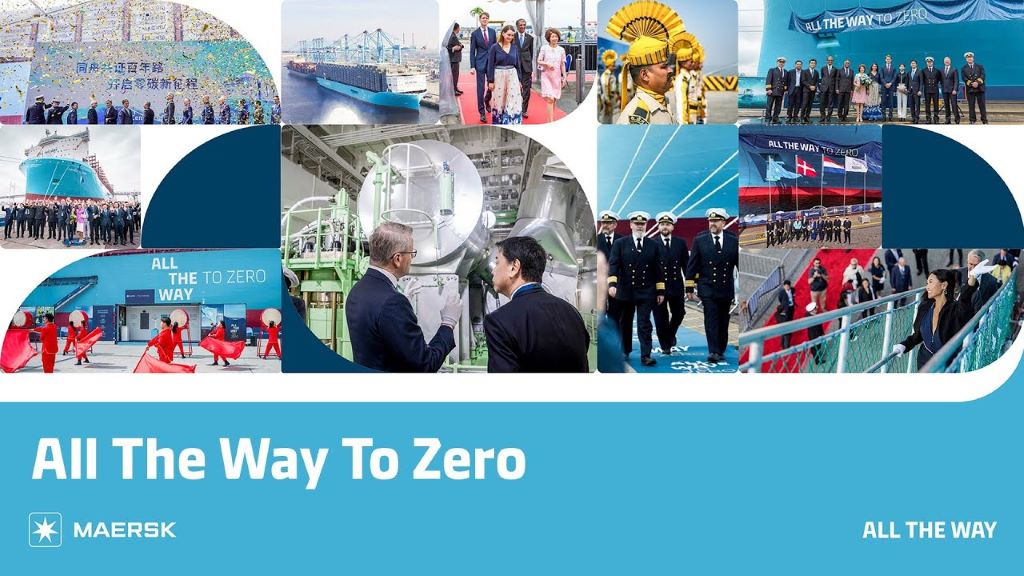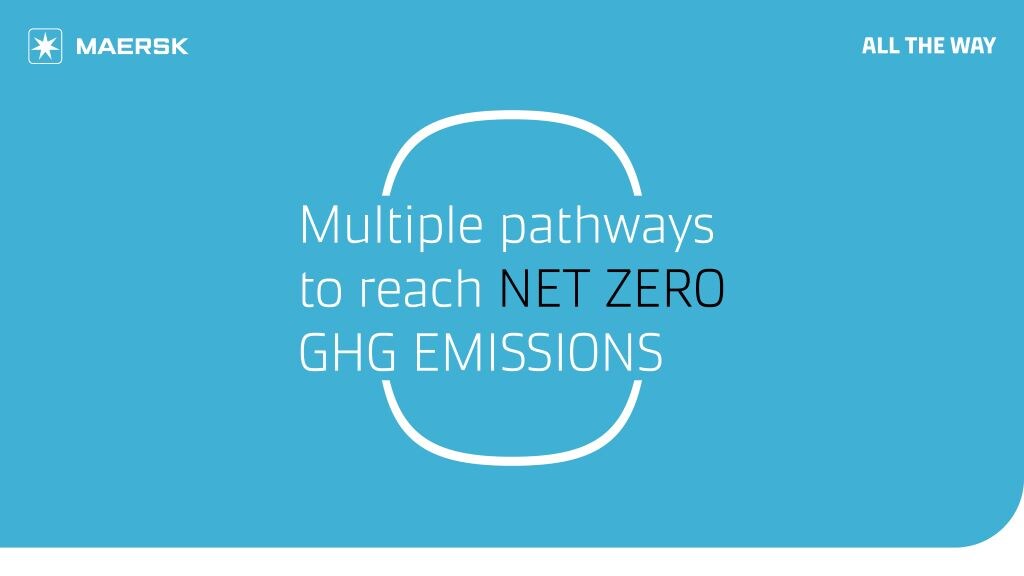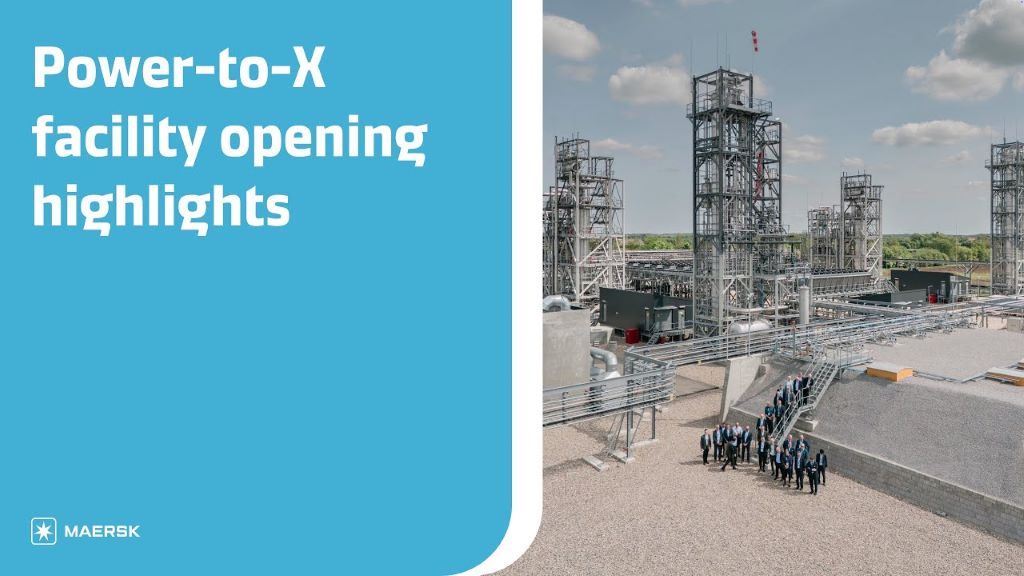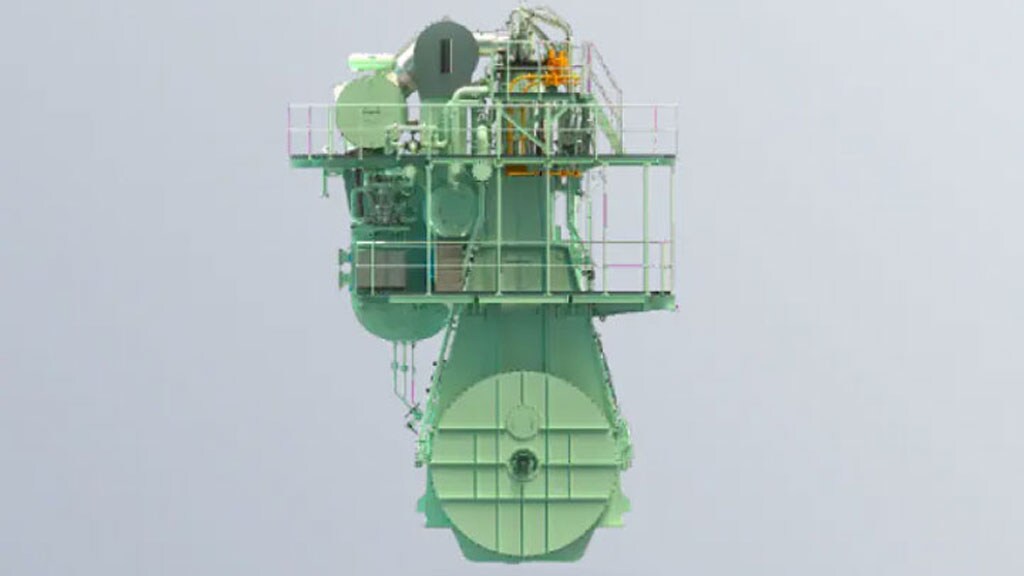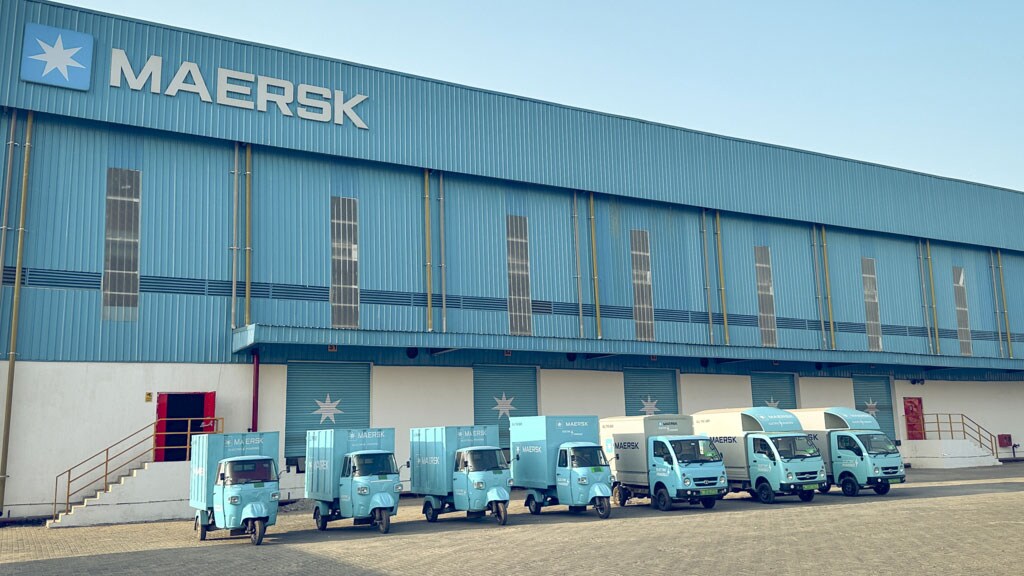
All the way to zero
Our journey to reach net zero by 2040 continues
All the way to zero special
Reaching net zero greenhouse gas emissions by 2040 demands more than ambition – it requires action. Today, alternative fuels are scarce and costly. To ensure fair competition and meet net zero targets on time, global regulations are essential. Noone can do it alone. To decarbonise the industry, we must work together - customers, fuel producers, shipping lines, and policymakers.
Introducing the first dual-fuel methanol fleet
Watch the highlights of world’s first large dual-fuel methanol container fleet. From Aarhus to Yokohama, Felixstowe to Los Angeles, and across Mumbai, Rotterdam, Shanghai, Singapore, and Ulsan. Each vessel naming marked a moment of progress, partnership, and innovation.
Discover previous eventsWelcome to our fleet of the future
Since 2023, our new vessels have proven that it is possible to sail a container vessel on methanol. Our goal is to make dual fuel engines the standard for all newbuilt Maersk vessels.
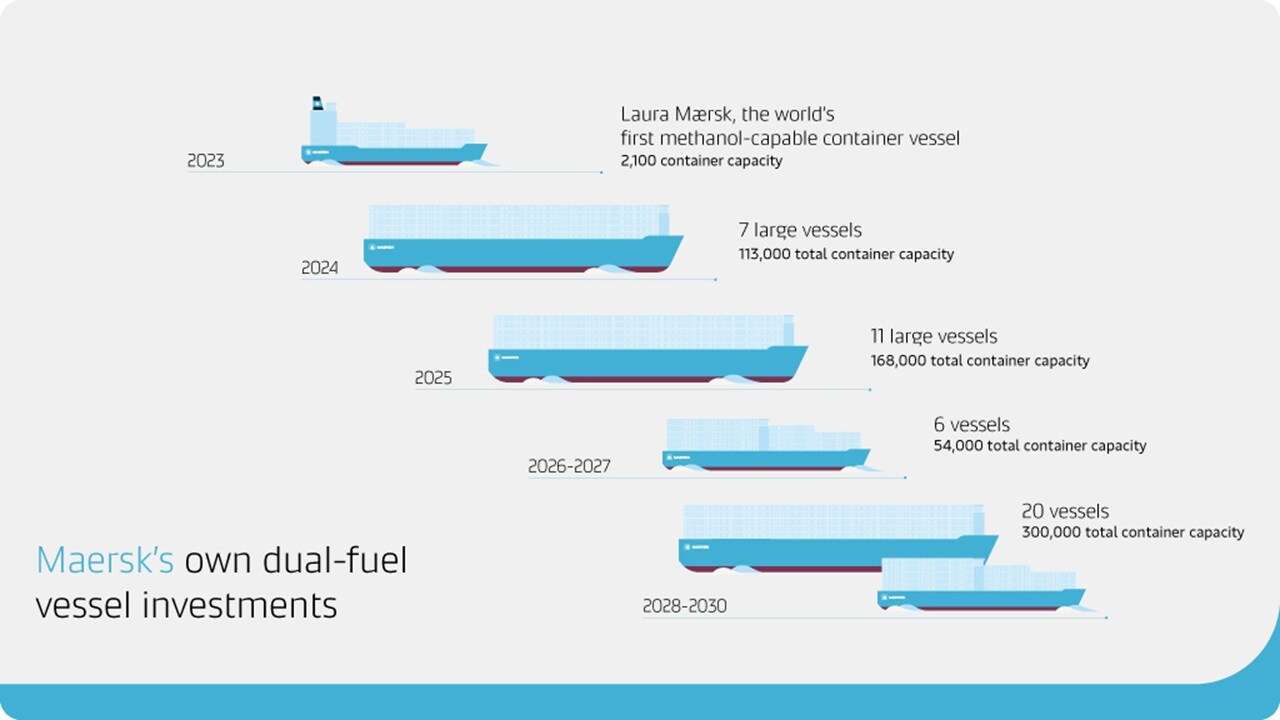
The challenge
Every year 100,000 vessels powered by 300 million tonnes of fuel move 11 billion tonnes of goods around the world. This makes shipping accountable for around 1,076 million tonnes of CO₂ emissions annually – around 3% of global greenhouse gas emissions.
The fuel pathway
Energy efficiency improvements will continue helping us to reduce our greenhouse gas emissions, supported by new, industry-level global and regional emission guidelines. But they will not take us all the way to our ambitious net zero target by 2040.
To get all the way to zero, we need to address our biggest source of emissions – the fuel that propels our vessels.
Lower emission fuel is the gamechanger
To decarbonise global supply chains, we need a multitude of solutions. For our vessels, we need efficient operations and networks, but we also need something new in the tank to get all the way to net zero.
That’s why Maersk is committed to the principle of only ordering newbuilt vessels that can sail on lower emission fuels.
Global regulation is key
To incentivize the uptake of lower emission fuels, global regulations are needed. The International Maritime Organisation Member States have reached a landmark agreement on a global greenhouse gas net zero framework, marking a major step toward decarbonising the shipping industry. The agreement needs to be formally adopted in October with implementation expected by 2027. The key elements of this agreement lay out measures for pricing emissions and rewarding lower emissions fuels – a fundamental shift.
A multifuel future
The industry needs several alternative fuel pathways. Vessels capable of utilizing alternative low-emission fuels such as bio- and e-methanol, bio- and e-methane, biodiesel, and ammonia, are on their way, and some are already in operation. We are working with fuel pioneers to accelerate and scale the production of bio- e-methanol. Our partners include European Energy, a renewable energy company inaugurated a new facility in Denmark that will supply us with 16,000 tonnes of e-methanol.
Laura Mærsk, Maersk’s first dual-fuel methanol vessel, received the first e-methanol from the newly inaugurated Kassø facility in Aabenraa, Denmark on 13 May, 2025. Developed by European Energy in collaboration with Mitsui & Co., the Kassø facility is the first of its kind globally to produce e-methanol at commercial scale, it operates entirely on renewable energy sources and has an annual production capacity of 42,000 tonnes.
Introducing the world's first two-stroke methanol engine
Towering almost 10 metres high and exerting a monumental 10,320 kW of output - equivalent to 112 family cars - the MAN B&W ME-LGIM engine is propelling our decarbonisation ambitions closer to net zero.
Simple methanol handling, storage and bunkering, combined with relatively simple auxiliary systems, allows for low emission propulsion when using bio and e-methanol.
Going further
Decarbonisation doesn't stop at the dock. We are rethinking every aspect of our business, from terminals to landside transportation, and from warehouses to last mile deliveries, to ensure the most energy efficient solutions for our customers.
Decarbonising container terminals
The world’s container terminals handle around 80% of global trade by volume every year.
APM Terminals, has committed to a 70% reduction in total emissions by 2030, and to net zero by 2040. APM Terminals has set a clear roadmap to accelerate decarbonisation of operations through battery-electric container handling equipment, renewable energy like solar and wind and energy efficiency. 45% per cent of energy used in the terminals are from renewable electricity. APM Terminals co-founded and works in the Zero Emission Ports Alliance to enhance industry wide adoption and scaling of equipment, which is a central part of the company's strategy.
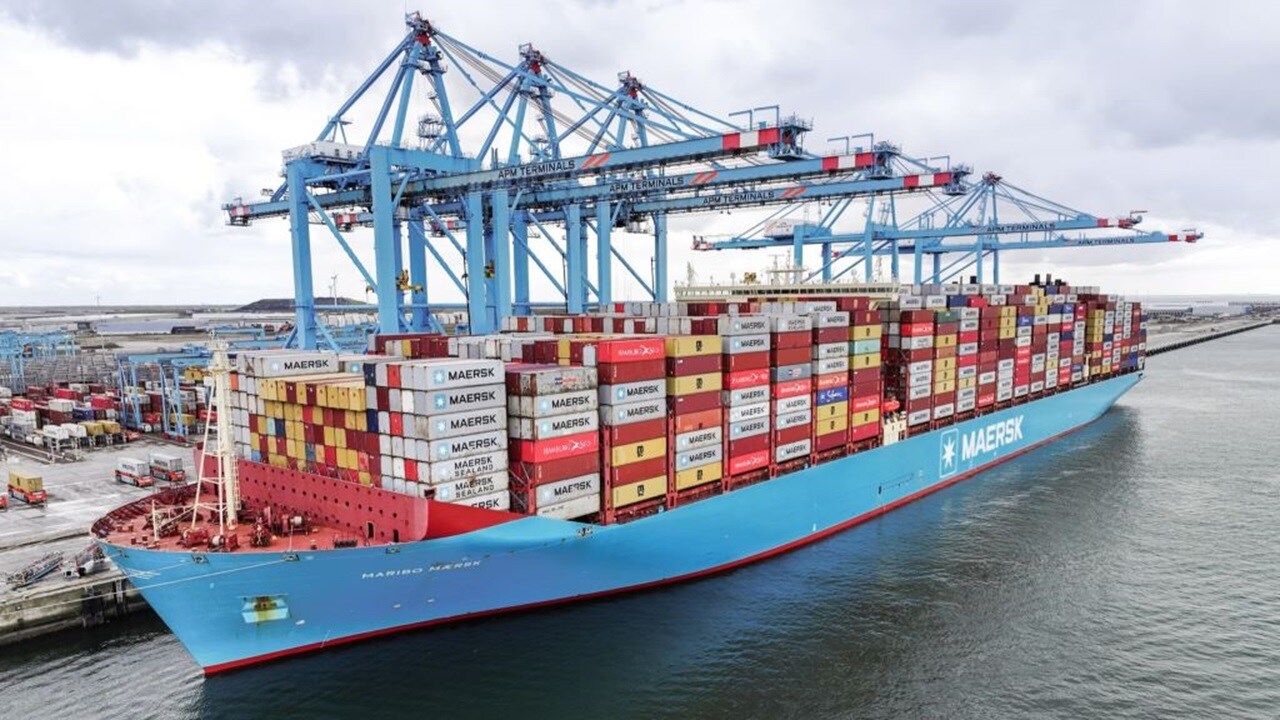
All the way together
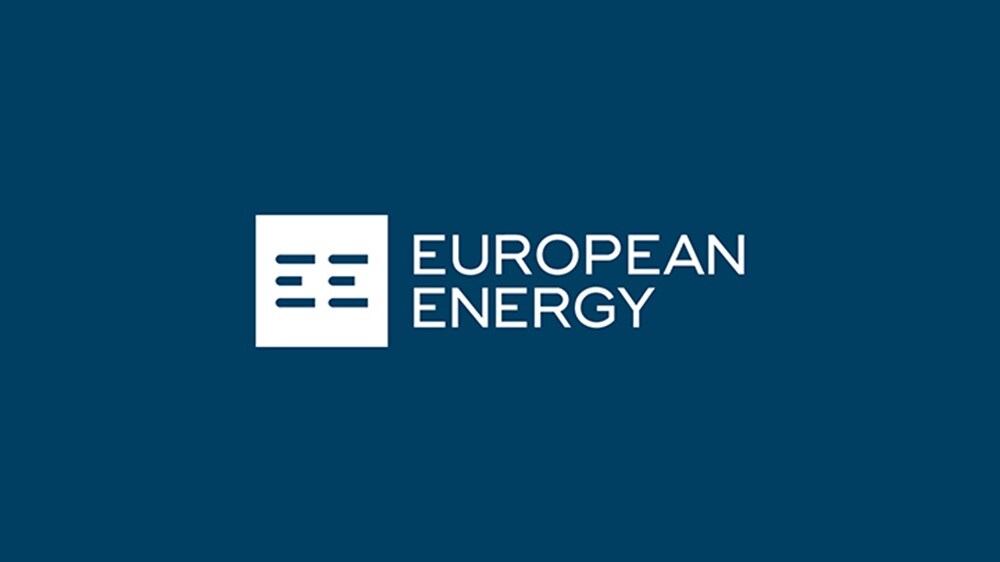
E-methanol producer
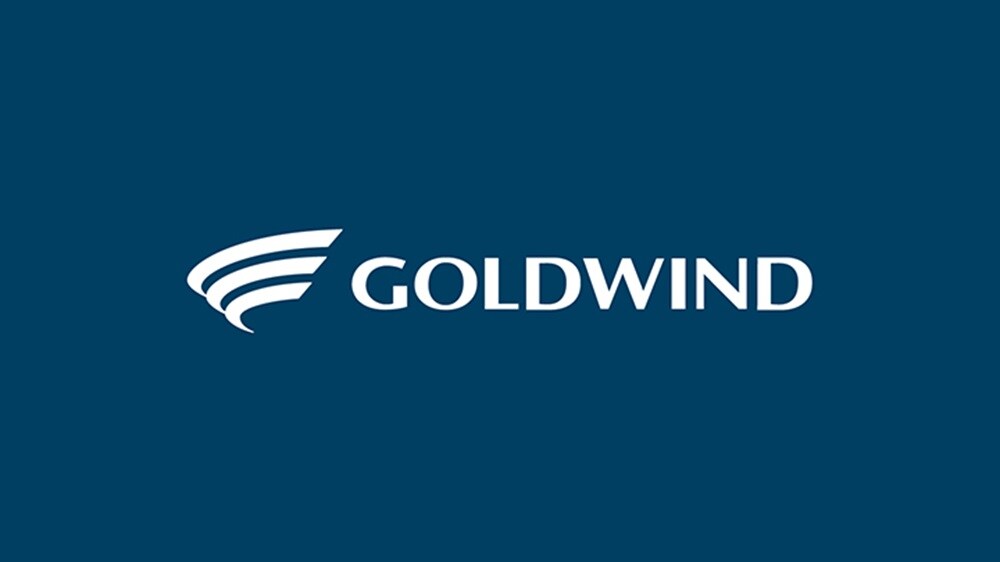
A global leader in clean energy
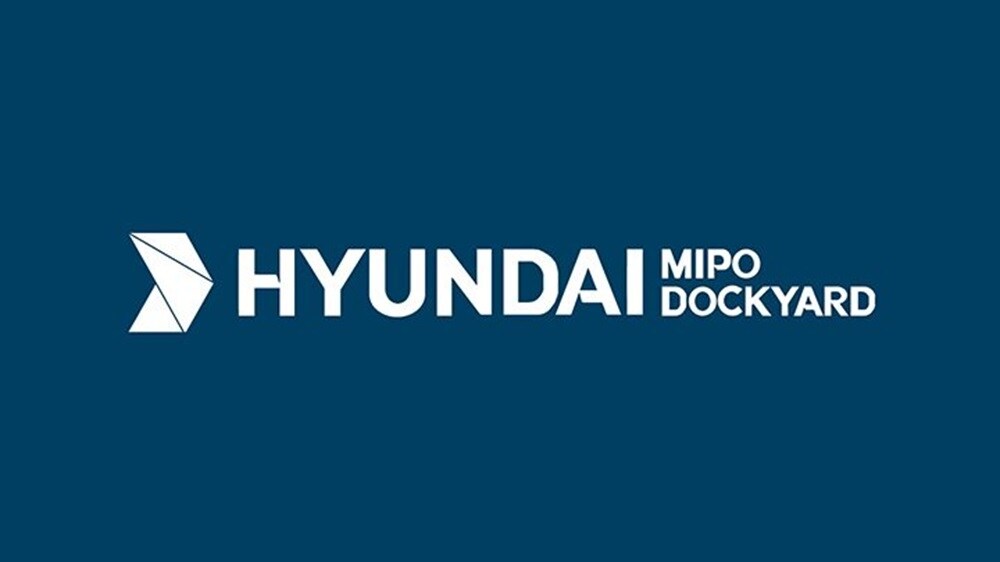
Shipbuilder and heavy equipment manufacturer
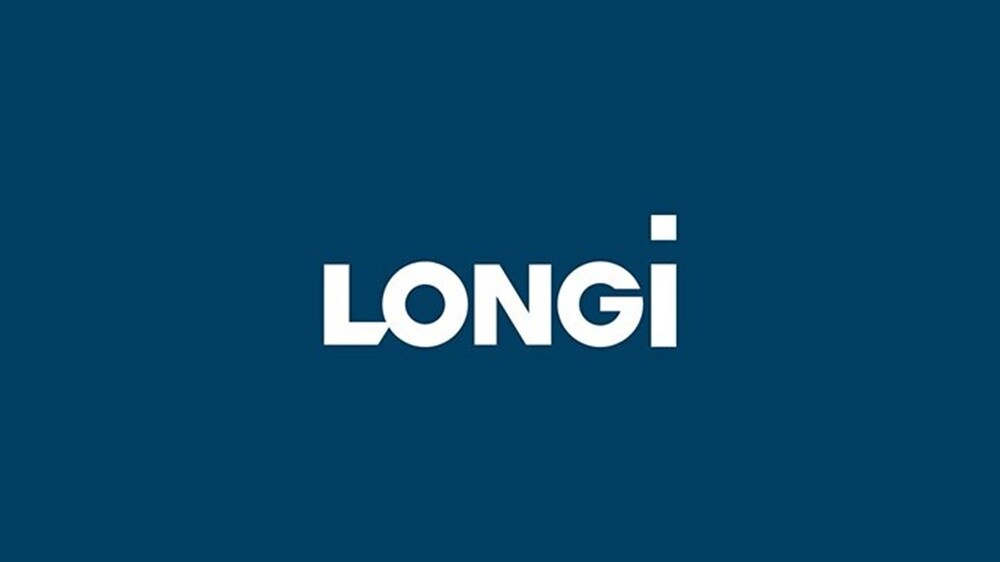
Solar technology company
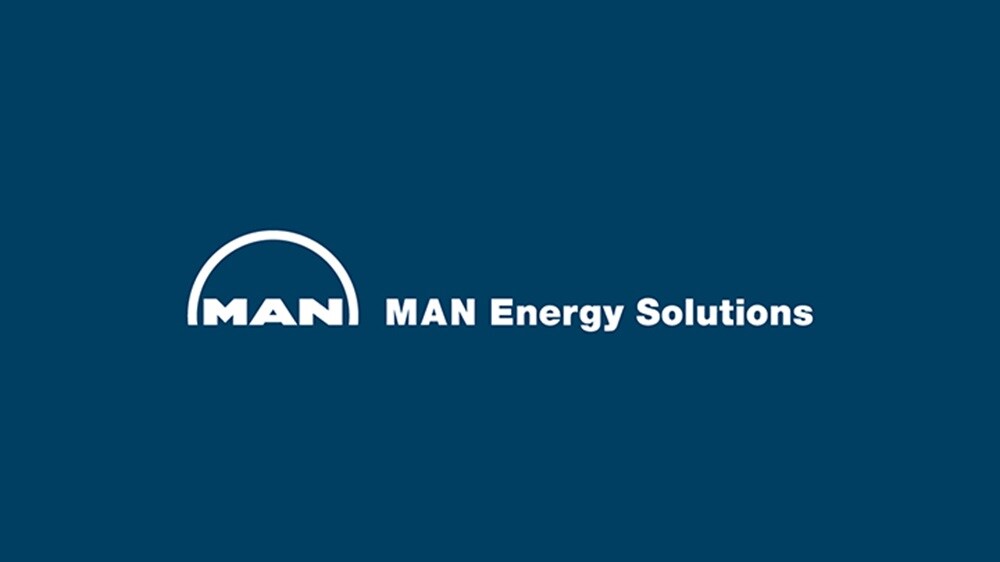
Marine engine and machinery producer
Dual Fuel Engine Propels Green Methanol-Powered Vessels
The new vessels feature an innovative dual fuel engine, developed in collaboration with MAN Energy Solutions. When operating on e- or bio- methanol, the engine offers low-greenhouse gas propulsion. Vessel design prioritises flexibility, enabling efficient performance across trades in line with our customer's’ needs.
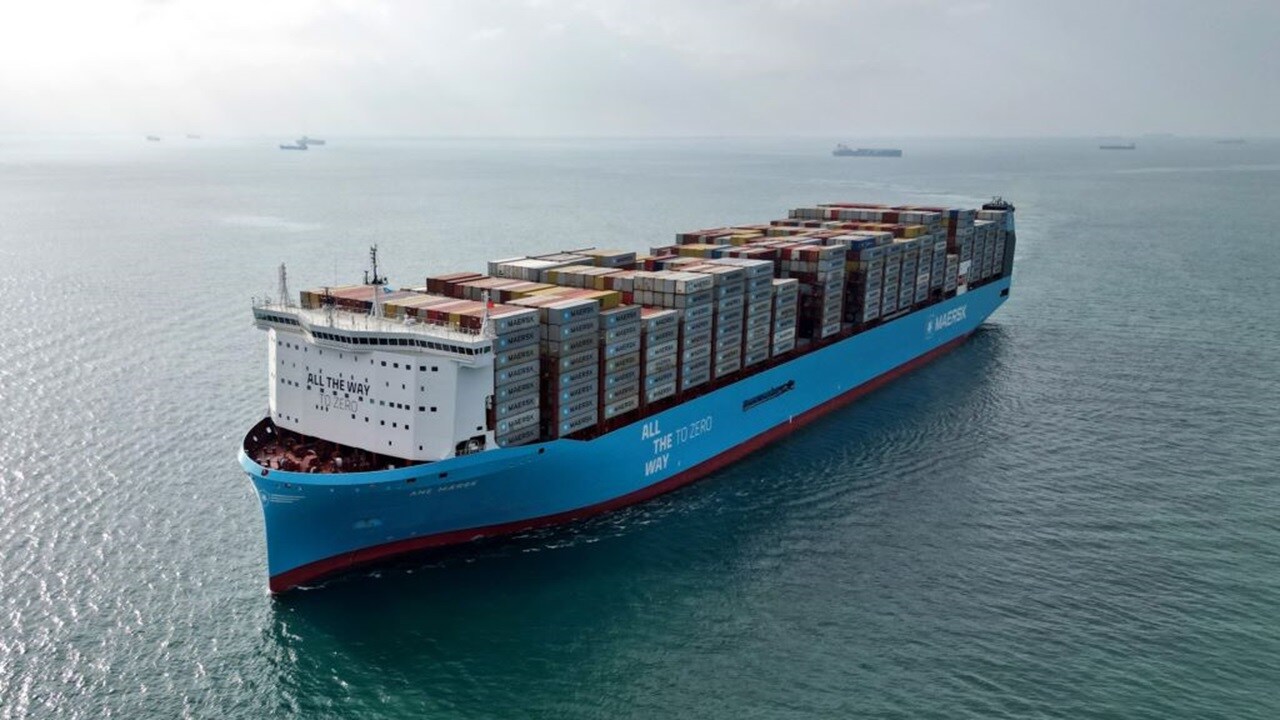
Low emission fleet facts
Decarbonising shipping is both essential and ambitious. Bridging the cost gap between fossil fuels and low-emission alternatives is critical — and it demands firm regulatory support. Achieving this transition also requires we work together in long-term partnerships across the entire supply chain, from shipping lines and fuel producers to infrastructure providers and customers.
Vincent Clerc, CEO, A.P. Moller - Maersk
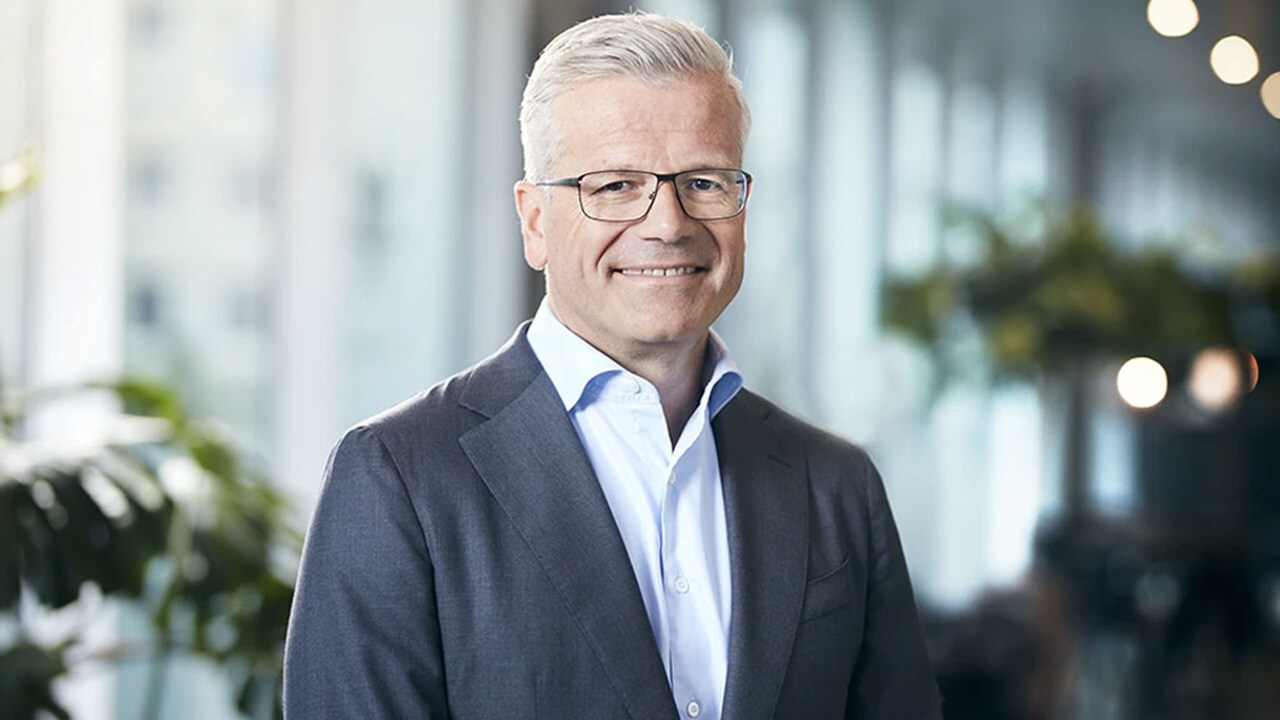
You may also be interested in
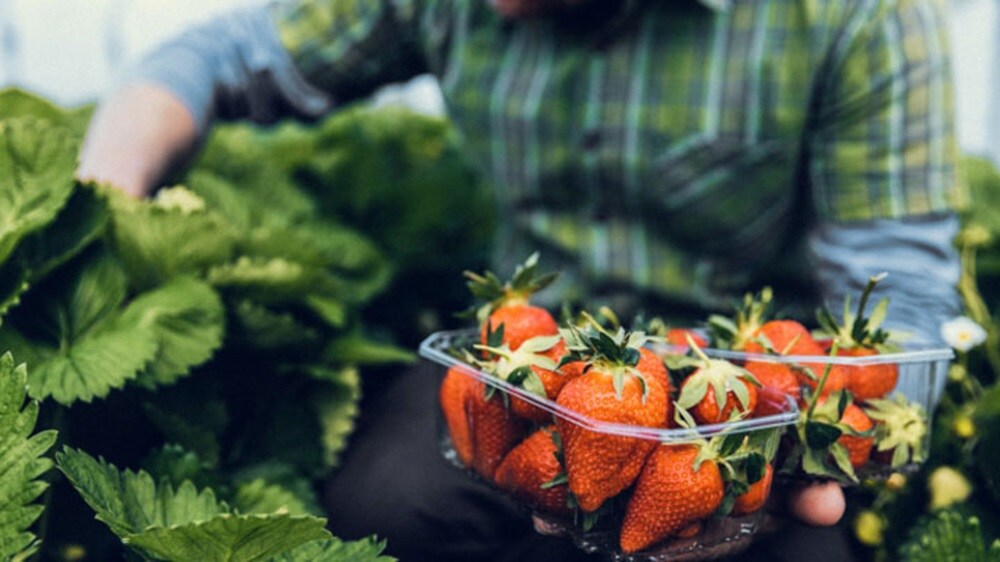
Maersk ECO Delivery
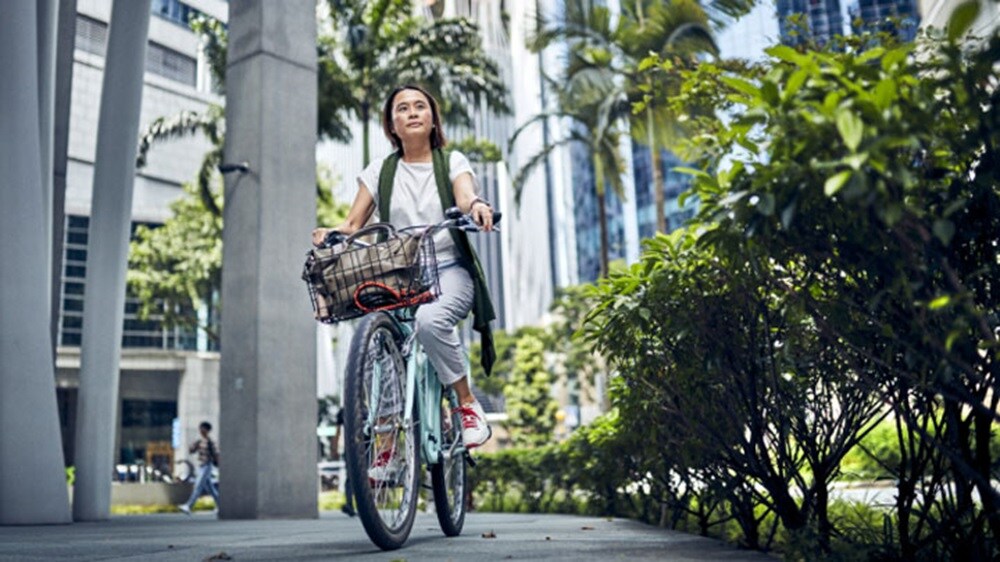
Sustainability at Maersk
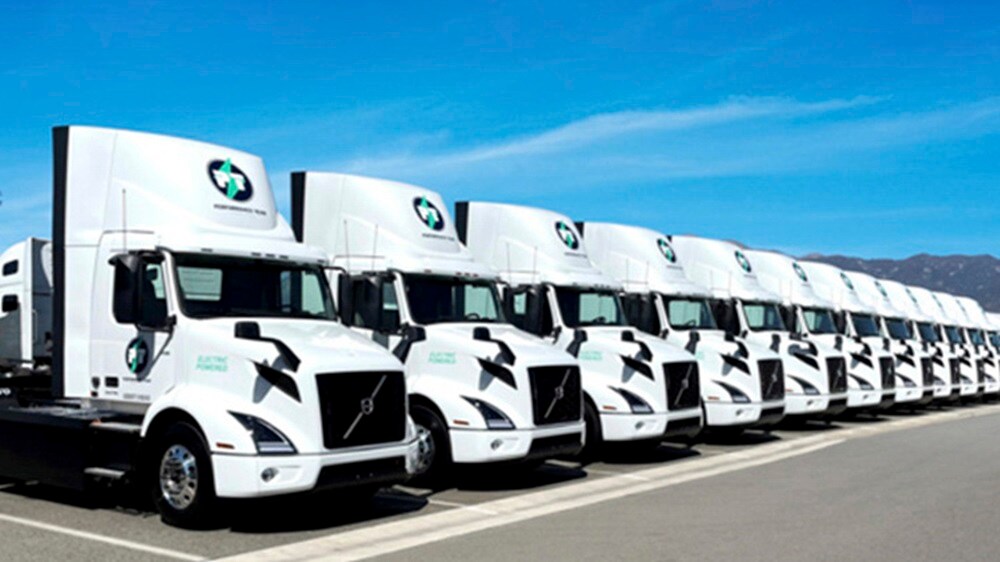
Climate change
Want to know more?
Discover the latest industry trends and insights on integrated logistics.
Discover now